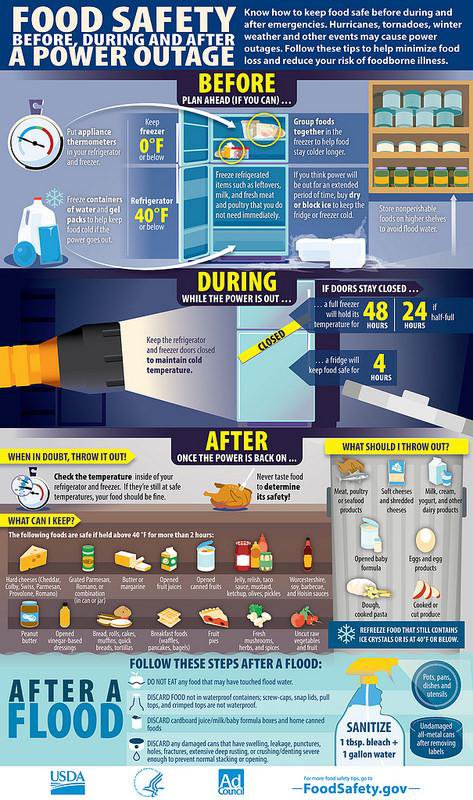
Introduction
Power outages are becoming an increasingly significant issue across Canada, impacting both urban and rural communities. As the frequency and intensity of extreme weather events rise, understanding the causes and implications of power outages is crucial for residents and policymakers alike. This article explores recent power outage events, their causes, and how Canadian communities are working to enhance resilience in the face of these challenges.
Recent Power Outage Events
Over the past year, several major incidents of power outages have affected various regions in Canada. For instance, severe storms in Ontario and Quebec in July 2023 left hundreds of thousands without electricity for extended periods. The aftermath of these outages highlighted not only the immediate inconvenience for residents but also the long-term consequences, such as food spoilage, loss of productivity, and potential safety issues.
In July 2023 alone, Hydro One reported that more than 600,000 customers experienced outages due to thunderstorms and high winds. Southern Ontario was particularly hard hit, with issues compounded by the aging infrastructure that struggled to cope with extreme weather.
Causes of Power Outages
Power outages can occur for a variety of reasons, including severe weather conditions, equipment failure, and human error. In Canada, weather-related outages are the most common. As climate change leads to more frequent and severe weather events, the reliability of electrical grids is increasingly under pressure. In addition, many Canadian cities and rural areas rely on aging power infrastructure, making them more susceptible to outages.
Moreover, the increased demand for electricity during peak times, often due to rising temperatures, exacerbates the strain on the grid. This combination of factors illustrates the urgent need for infrastructure updates and better emergency preparedness strategies.
Community Adaptation and Resilience
In response to the challenges presented by power outages, Canadian communities are taking proactive steps to enhance their resilience. Many municipalities are investing in modernizing electrical grids and integrating advanced technologies that allow for quicker response times during outages.
Furthermore, public awareness campaigns are being launched to educate residents about preparedness and safety during power outages. These initiatives include encouraging households to maintain emergency kits and establishing communication plans. For instance, Alberta launched a program aimed at improving emergency preparedness among its residents, encouraging everyone to be proactive in their preparations.
Conclusion
Power outages pose a significant challenge for communities across Canada, highlighting the critical need for updated infrastructure and effective emergency planning. As extreme weather events become more prevalent, the push for resilience will only grow stronger. Keeping informed about the causes and impacts of power outages can help residents and leaders better prepare for the future, ensuring that communities remain resilient in the face of uncertainty.



